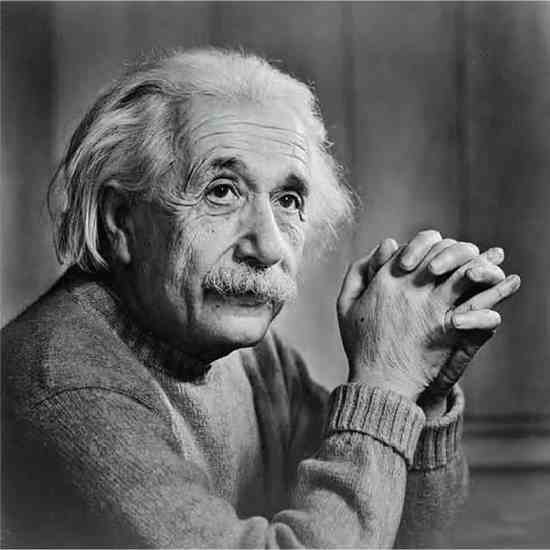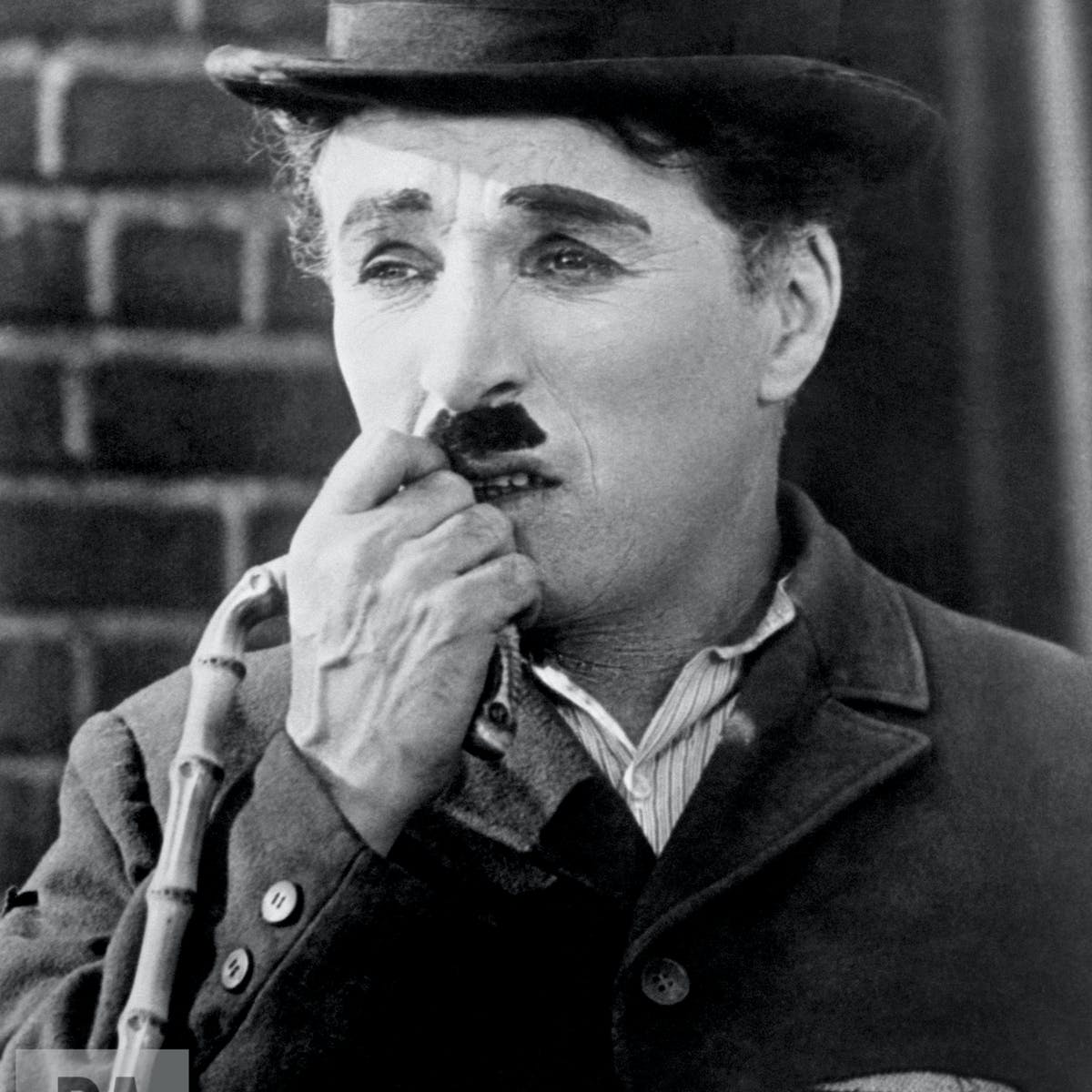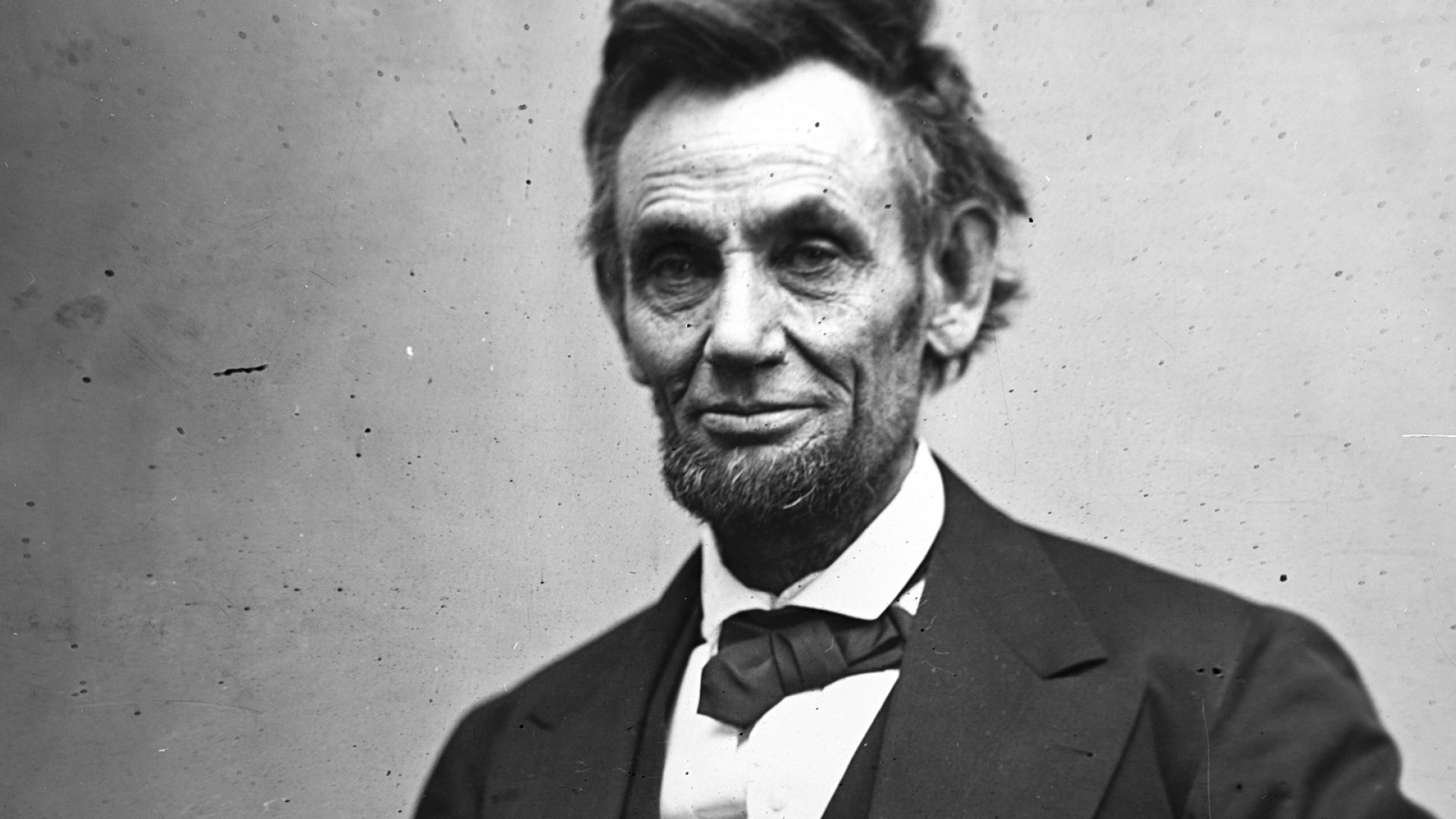The Person Behind the Persona: Some Dark Sides of our Admired Figures
Those outwardly respected authors who taught us about humanity and virtue are not always as they seem to be. For all their humanitarian contributions, these writes’ dark sides seem to contrast oddly with their angelic ones.

Shakespeare
According to Jayne Archer, a lecturer in medieval and Renaissance literature at Aberystwyth, Shakespeare was repeatedly caught and legally penalized for evading taxes. “There was another side to Shakespeare besides the brilliant playwright — as a ruthless businessman who did all he could to avoid taxes, maximize profits at others’ expense and exploit the vulnerable – while also writing plays about their plight to entertain them,” said Jayne Archer. Moreover, he used to hoard food items in his house lest his plays couldn’t yield profits. He sometimes resorted to illegal misdemeanours because of his growing concerns about food scarcity. He was once prosecuted in 1598 for amassing huge amounts of corn during England’s food shortage crisis. He also pursued those who couldn’t pay for him. This doesn’t really square with Shakespeare’s backlash against the 17th century’s merchants and state leaders who scrambled for food at people’s expense during England’s famine at the time, as exhibited in his plays, Corialanus, and The Merchant of Vince. Although Shakespeare was one of the richest property owners of the 17th century, and although his plays always had a great take on themes of upper-class corruption, he was unfortunately a ruthless tax-dodger. This explains why he had retired in a young age to enjoy his fortune while living luxuriously in his house in Stratford-Upon-Avon.

Charles Dickens
This might be so hard to navigate, but Literature’s most humanitarian writer had some skeletons in the cupboard. He walked out on his wife many times to pursue his mistresses. He got into numerous relationships with many women but left them soon after the flash of attraction faded away, which hurt their hearts. Dickens was pulled in opposing directions because of having two contradictory personalities — one of whom treated others with ample love and tenderness while the other treated them with utter brutality. When one of his sons got into debt, Dickens stated: “I honestly think it would be better if he were dead.” According to Claire Tomalin in her biographical book about Dickens, Dickens was remorseful in his death bed as “he knew he had a darker side — but he did his best to conceal it.”

Albert Einstein
The whole world regards him as the unfailing genius of all times, who taught us about relativism and myriad other stuff. However, for all his genius, Einstein was a diehard racist! Einstein admitted as much by advocating some offensive stereotypes in his dairies. This includes calling Chinese people: “industrious, filthy, obtuse people.” The said note was dated in 1922, which brings the mind to the times of The First World War, wherein people were governed by an onslaught of disheartening views about ethnicity. Yet, it is quite saddening to find one of our great mentalities harbouring such belittling views.

Albert Einstein
The whole world regards him as the unfailing genius of all times, who taught us about relativism and myriad other stuff. However, for all his genius, Einstein was a diehard racist! Einstein admitted as much by advocating some offensive stereotypes in his dairies. This includes calling Chinese people: “industrious, filthy, obtuse people.” The said note was dated in 1922, which brings the mind to the times of The First World War, wherein people were governed by an onslaught of disheartening views about ethnicity. Yet, it is quite saddening to find one of our great mentalities harbouring such belittling views.

Abraham Lincoln
He was the 16th President of the USA, and is regarded as one of the most humanitarian presidents to lead America. This is attributed to his hard endeavours to maintain The Union and to emancipate slaves. However, multiple politicians and historians consider Lincoln’s act of freeing slaves as a sheer political device! Lincoln even ensured this fact by stating: “If I could save the Union without freeing any slave, I would do it.” Emancipation was, for Lincoln, an opportunity to provide additional troops in Northern America to keep his European enemies far away from borders. Lincoln didn’t even consider to free those slaves in The North as long as the number of the troops he needed was met. Worse, Lincoln didn’t ensure that those previous slaves could be complete citizens with equal rights as their white citizens, remarking that there is no point “to introduce equality between the white and black races.” In addition, Lincoln introduced “The Writ of Habeas Corpus” — an act that gave him free reign to prosecute any citizen, whom he deemed an enemy to the county.

